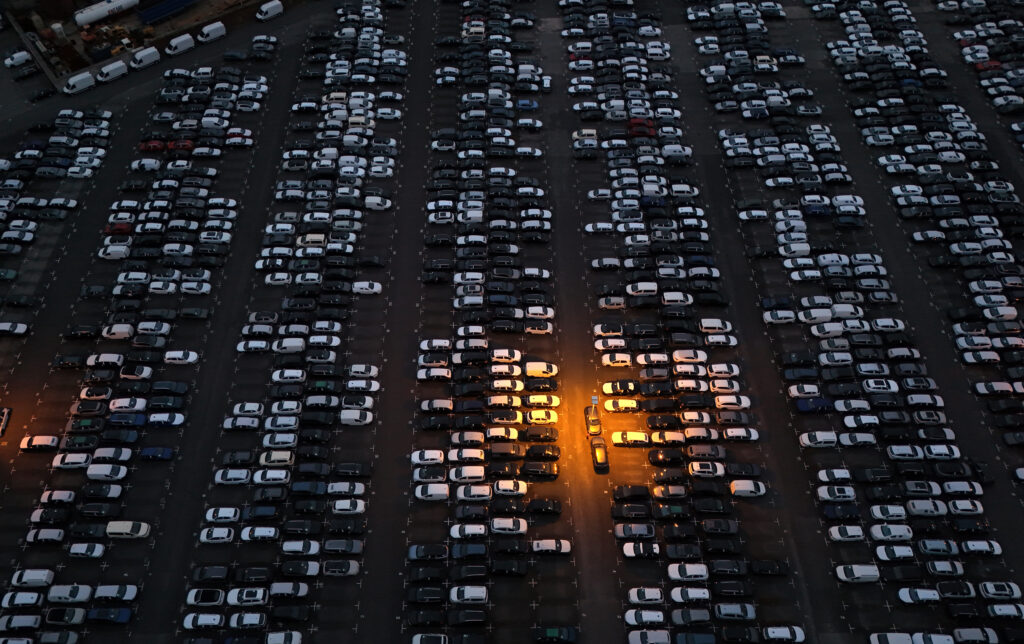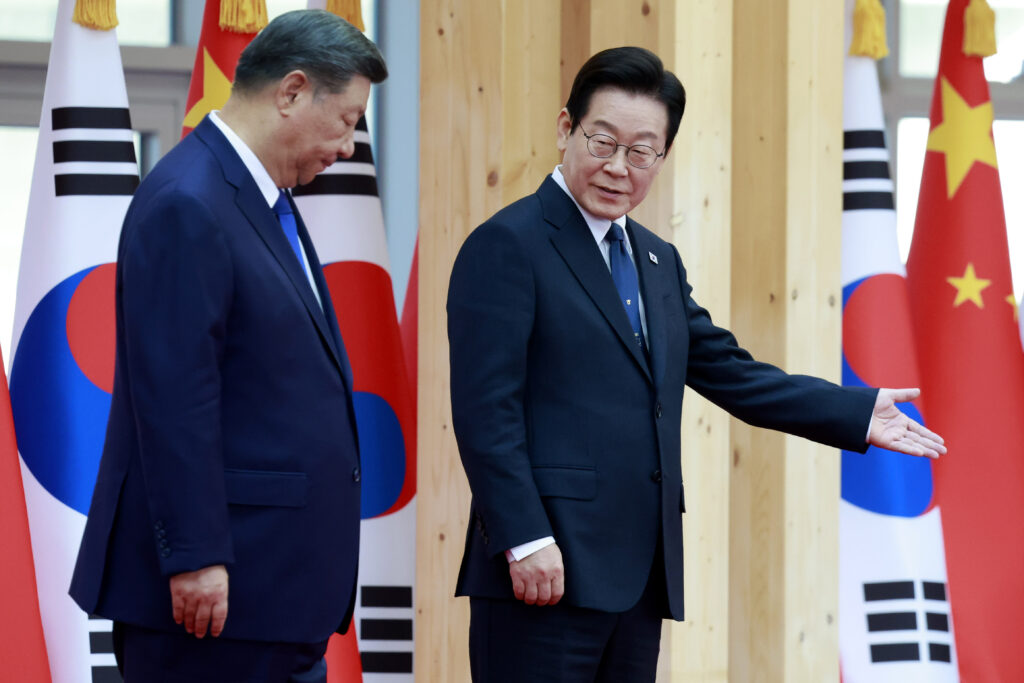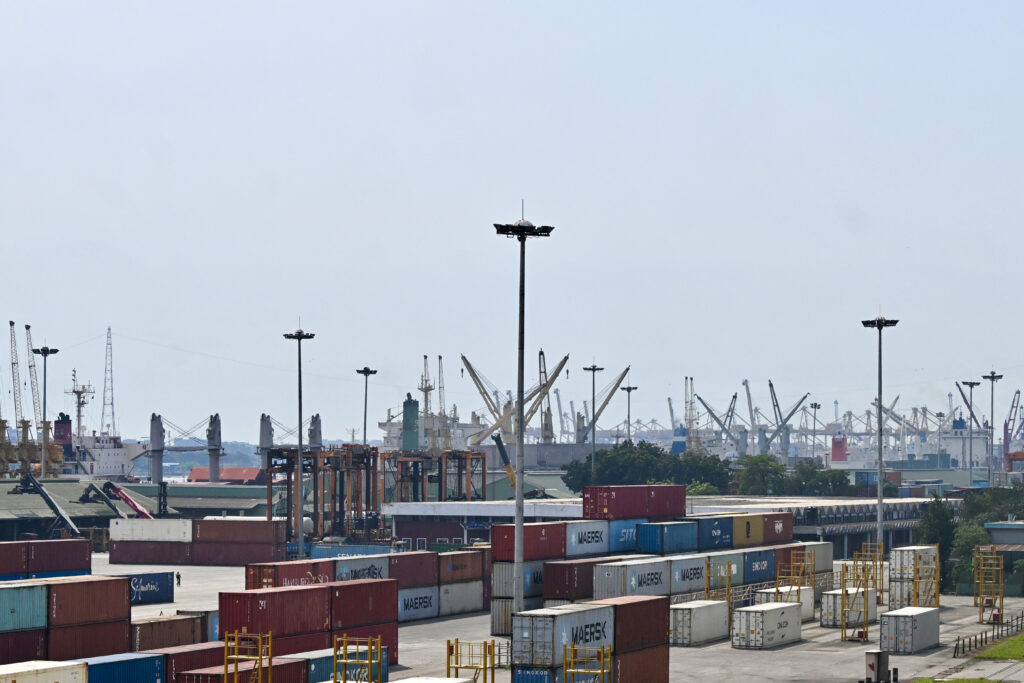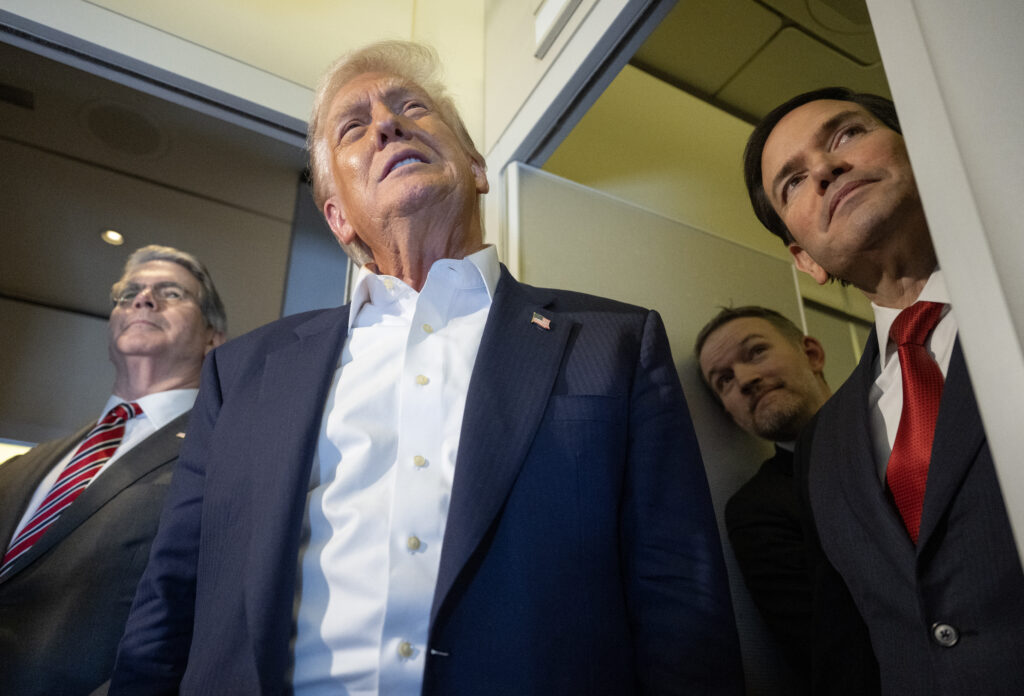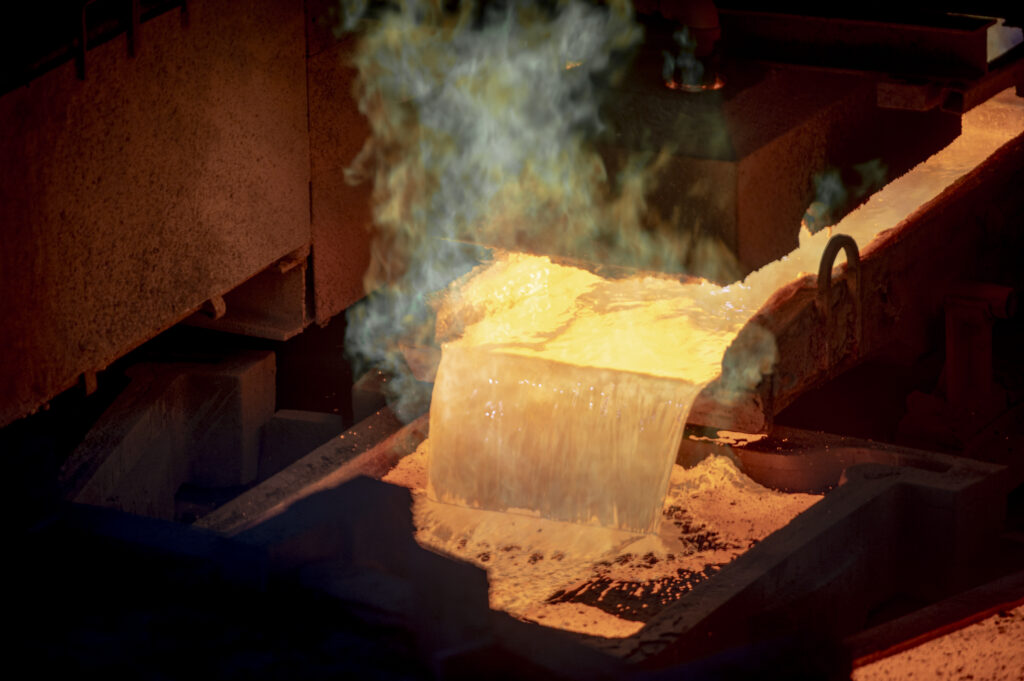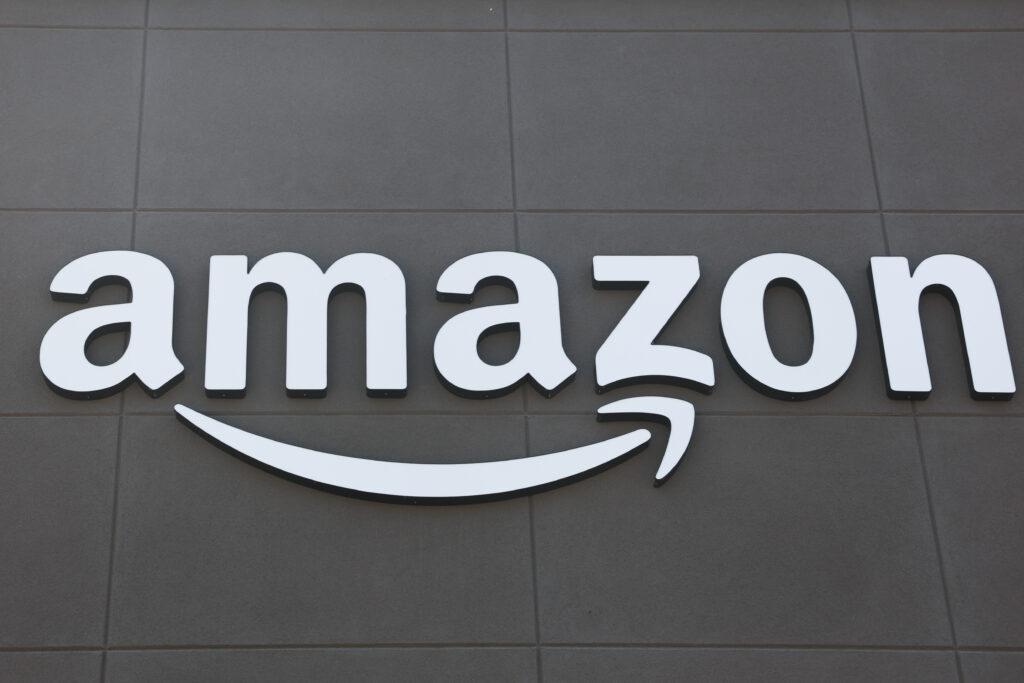French fraud watchdog reports Shein for ‘childlike’ sex dolls
France’s anti-fraud unit said on Saturday it had reported Asian e-commerce giant Shein for selling what it described as “sex dolls with a childlike appearance”.The DGCCRF watchdog said in a statement that the “description and categorisation” of the items on Shein’s website “make it difficult to doubt the child pornography nature of the content”.Shortly after the statement, Shein announced that the dolls in question had been withdrawn from its platform and that it had launched an internal inquiry.On its website, the Le Parisien daily published a photo of one of the dolls sold on the platform, accompanied by an explicitly sexual caption.The dolls measure around 80 centimetres (30 inches) in height. In the photo, it was pictured holding a teddy bear.”Imagine a child randomly clicking on and coming across these products while browsing the site looking for a doll,” DGCCRF official Alice Vilcot-Dutarte was quoted as saying by Le Parisien.The news comes in the wake of Shein’s announcement in October that it intended to set up shop in a prestigious department store in central Paris — its first physical outlet.Its outlet is due to open on Wednesday at BHV Marais, an iconic building that has stood across from Paris City Hall since 1856.That decision provoked outrage among other clients of the upmarket store, BHV Marais, with some top fashion brands pulling their products from its shelves.- Three fines in France -Shein, which was originally founded in China, has faced consistent criticism over working conditions at its factories and the environmental impact of its ultra-fast fashion business model. Yet the company, now headquartered in Singapore, has seen its share value skyrocket while overtaking many traditional fixtures of high street shopping in recent years.The DGCCRF warned that “the dissemination, via an electronic communications network, of child pornography is punishable by up to seven years’ imprisonment and a fine of 100,000 euros ($116,000)”.It said it had reported the case to French prosecutors and to Arcom, France’s online and broadcasting regulator.France has already fined Shein three times in 2025 for a total of 191 million euros.Those were imposed for failing to comply with online cookie legislation, false advertising, misleading information and not declaring the presence of plastic microfibres in its products.The European Commission is also investigating Shein over risks linked to illegal products, while EU lawmakers have approved legislation aimed at curbing the environmental impact of fast fashion.

